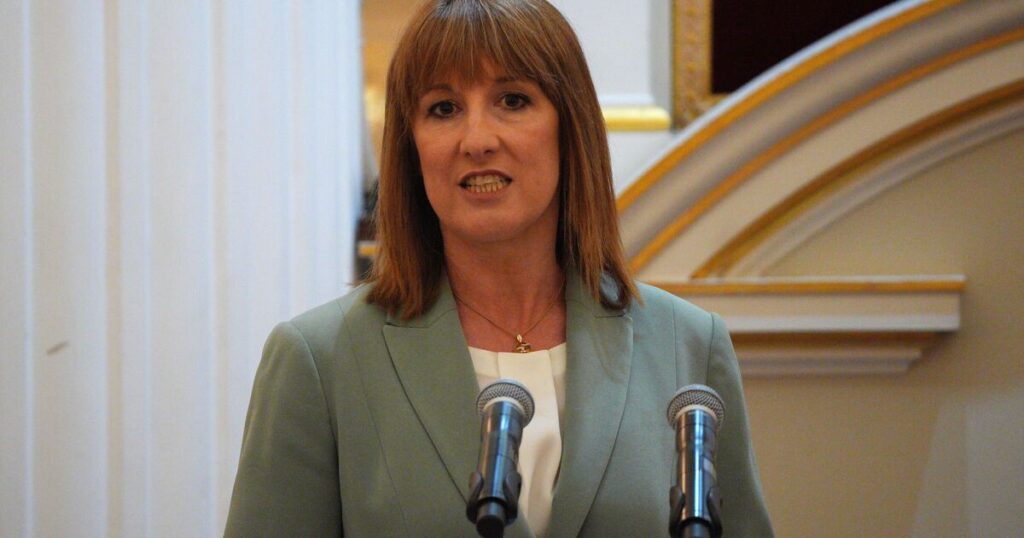
Grieving families will be plunged into months of bureaucratic turmoil under Rachel Reeves’ plans to tax inherited pensions – with an estimated 27,000 households a year facing the added burden at one of the most difficult moments in life.
In a move branded “heartless” by critics, the Chancellor has confirmed that from April 2027, money left in pensions will be treated as part of someone’s estate for inheritance tax purposes – even if it was never touched during retirement.
Former pensions minister Steve Webb warned the changes would “pile misery” onto bereaved families, many of whom are already struggling with the emotional and financial strain of a loved one’s death.
“It is simple for a chancellor to say that pensions should not be used as an inheritance tax loophole, to close the loophole, bank the proceeds and move on,” he told The Times.
“But for tens of thousands of grieving families every year, they will not be able to move on. They will instead be faced with many months of additional bureaucracy that will make the process of bereavement all the more painful to endure.”
Until now, untouched pensions have typically fallen outside the scope of inheritance tax (IHT), allowing families to pass on any leftover pot without penalty. But the Treasury claims this has turned pensions into a “vehicle for tax avoidance”, prompting the policy reversal.
The result is a nightmare of red tape. Under new rules published this week by HMRC, executors will be forced to track down every pension firm connected to the deceased, obtain valuations, identify beneficiaries and calculate inheritance tax due – before probate can even begin.
Even then, delays are likely to drag on for months – especially where pension trustees have discretion over who should receive the funds. Beneficiaries may receive nothing until those internal decisions are made.
To make matters worse, the pension firms themselves are off the hook. While many had expressed concern over the risk of being fined for not paying tax on time, HMRC has now shifted the responsibility squarely onto families.
“The whole process of winding up financial affairs could still be going on a year or more after someone’s death,” Sir Steve warned.
In the meantime, those inheriting pensions face a double tax whammy: not only must they pay income tax on any withdrawals — as now – they may also have to pay inheritance tax on the same money, and then apply for a refund on the income tax already paid.
The government insists most estates will not be affected because they fall below the IHT threshold, and spouses inheriting pensions are generally exempt. But this offers little comfort to others who will be caught in the net.
According to LCP estimates, about 27,000 families a year could be dragged into the new system – many with no idea what lies ahead.
The Chancellor has argued the move is about fairness and plugging tax loopholes – but for those facing the death of a loved one, the real price will be months of paperwork, stress and financial uncertainty.
As Steve Webb put it: “Coping with the loss of a loved one is hard enough, without the stress of sorting out their financial affairs. But government changes are about to make the whole process a lot more painful.”
